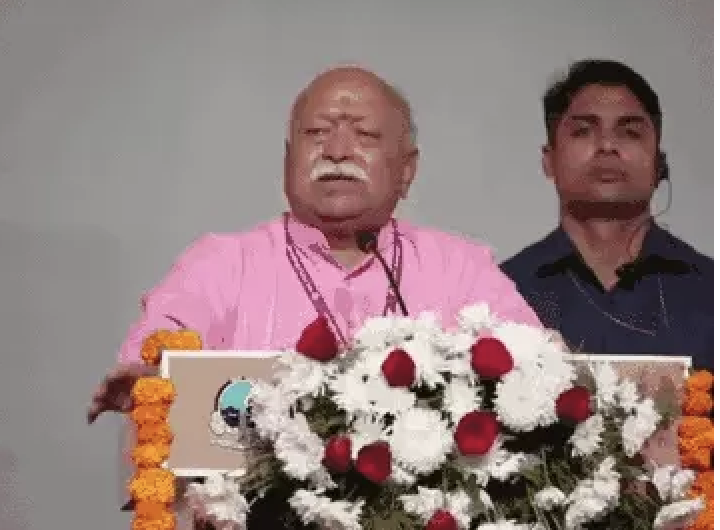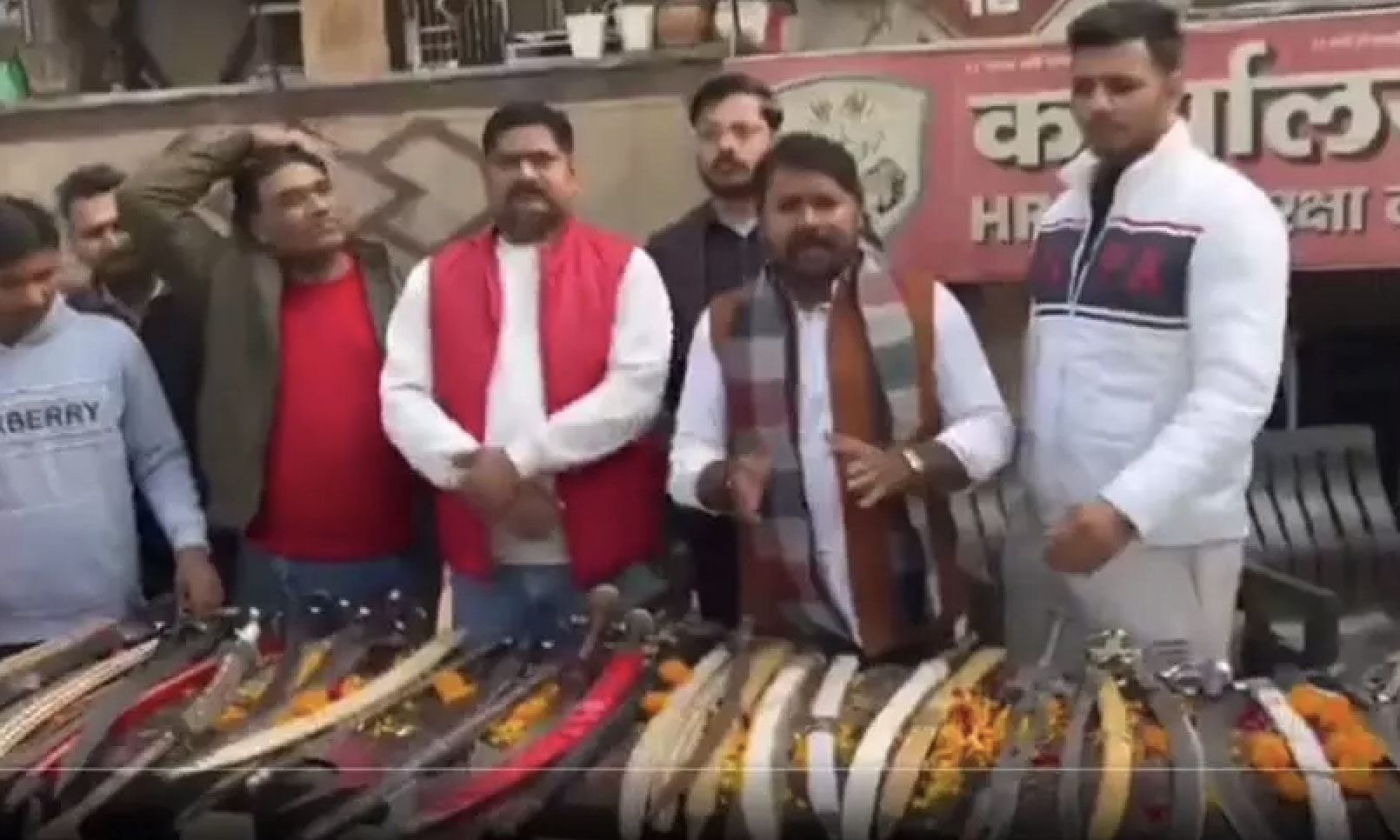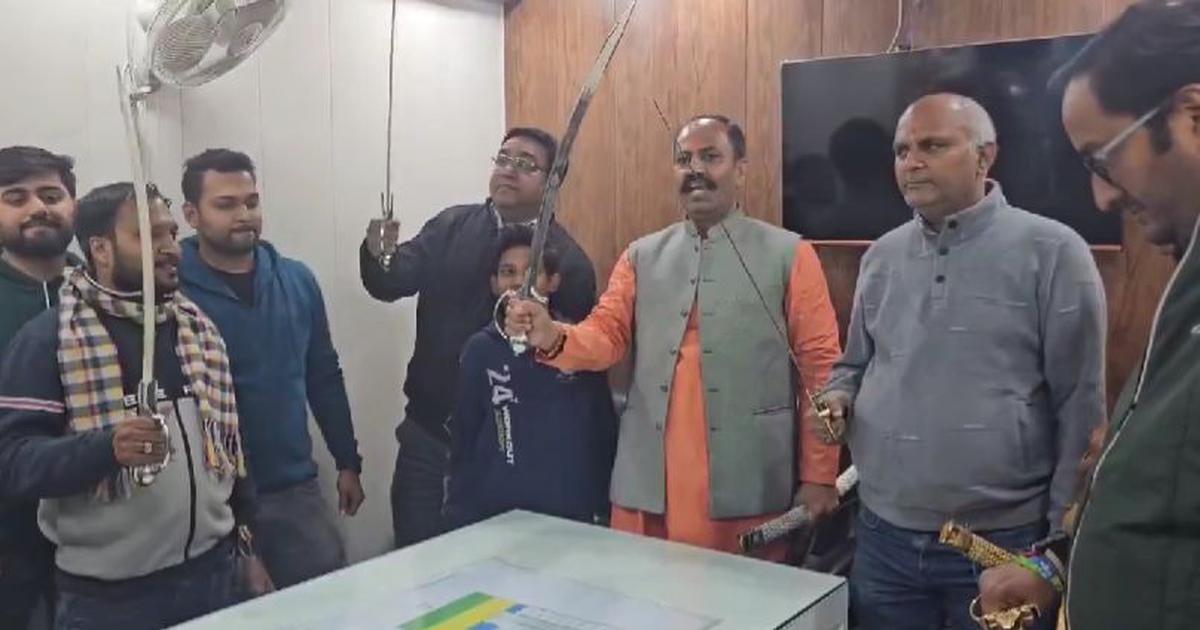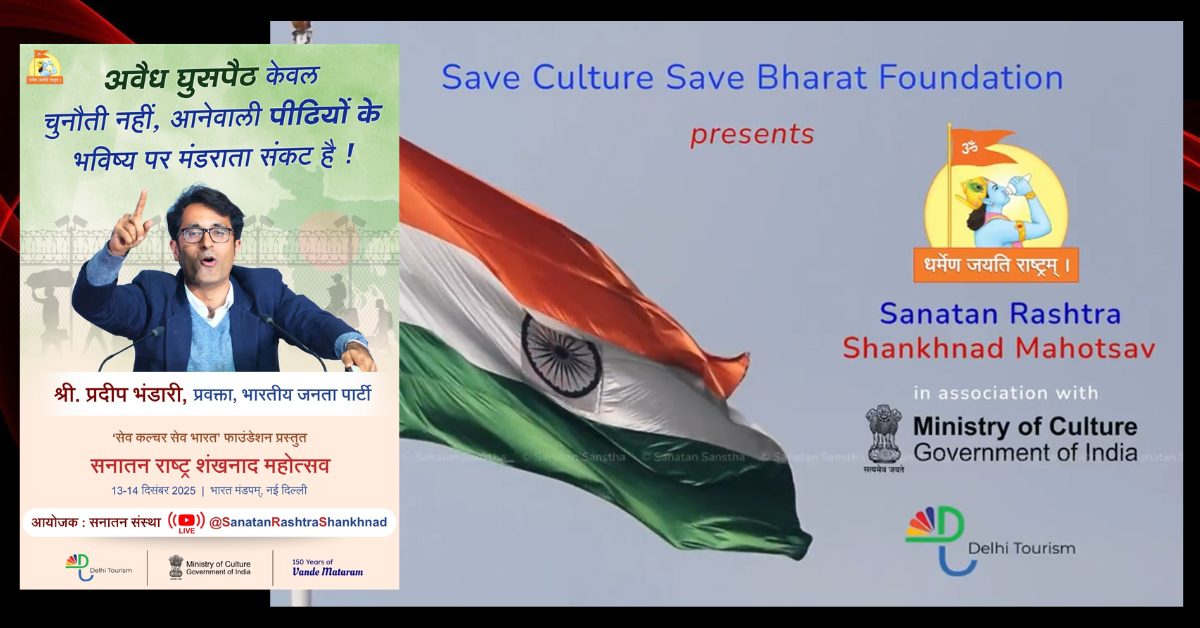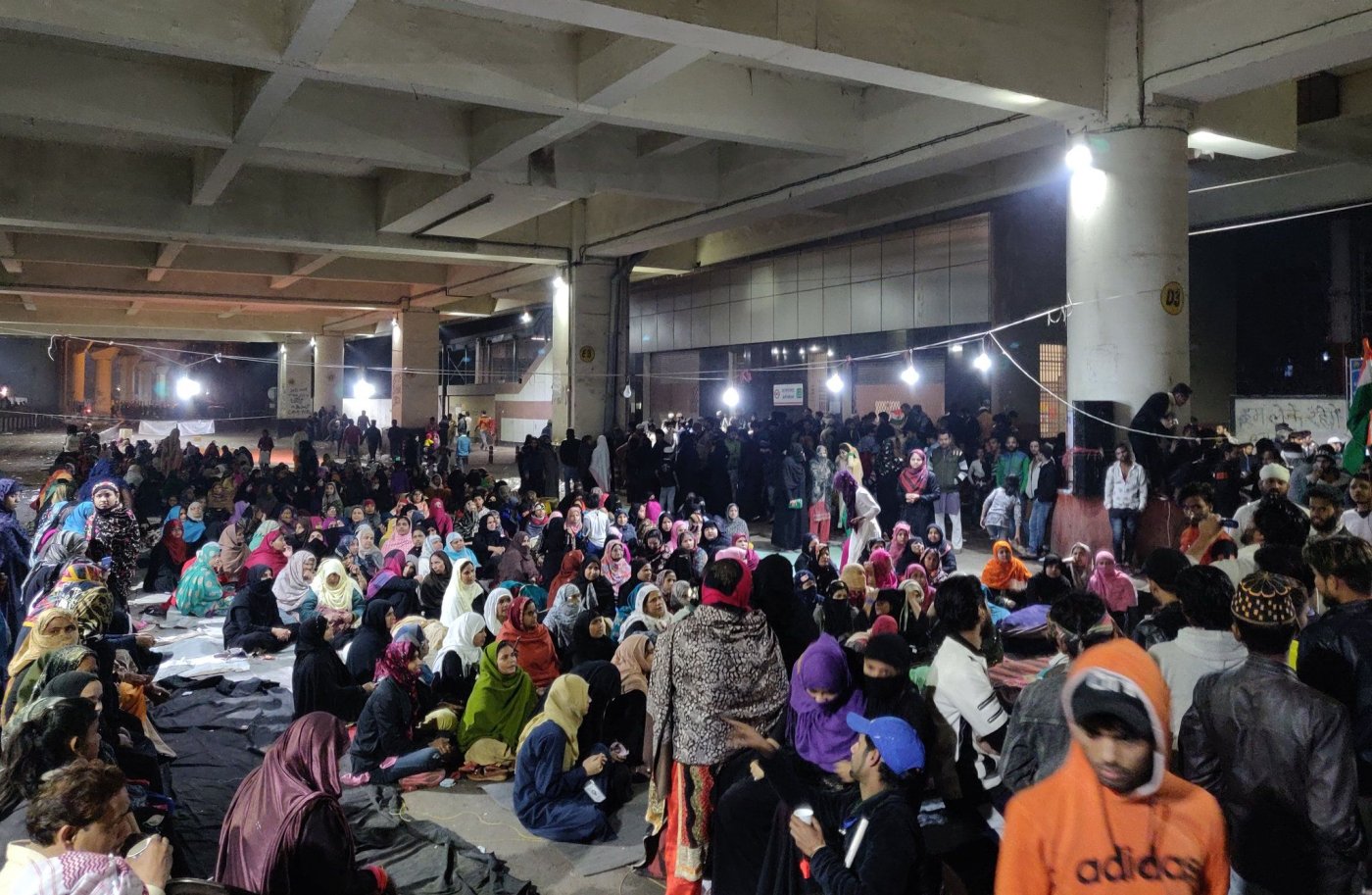
By Betwa Sharma
Delhi: According to a case registered against 13 Muslim women who the Delhi police say joined a protest in February 2020 under the Jafrabad metro station in the northeast of the city, a secret informant started visiting a place called the Peeli Mitti ground in October 2020 and began identifying them.
When questioned about the protest staged from 22 to 24 February, the Muslim women from poor neighbourhoods around the metro station gave more or less identical answers, saying that they were misled about the Citizenship Amendment Act (CAA), 2019 by Gulfisha Fatima, Devangana Kalita and Natasha Narwal, three young women who the Delhi police have accused of using the protests against the CAA as a front for fomenting the Delhi riots that raged from 23 to 25 February 2020.
The Muslim women named no one else from the gathering of 300 to 400 people who sat and shouted slogans and proceeded to block the 66 Foota road to Seelampur in the presence of police personnel.
A reading of the case suggests the police went looking for these women—mostly homemakers and seamstresses—eight months to a year after the protests to get statements against Fatima, an MBA from the Institute of Management Education in Ghaziabad, Kalita and Narwal, graduate students at the Jawaharlal Nehru University (JNU) at the time, with a singular focus on pinning the riots on the anti-CAA protests.
The three were co-accused in the Jafrabad roadblock case, and they were co-accused in the Delhi riots conspiracy case, where the police said anti-CAA protests were a front for planning the riots and the Jafrabad roadblock was the immediate trigger.
This story was originally published in article-14.com. Read the full story here.



